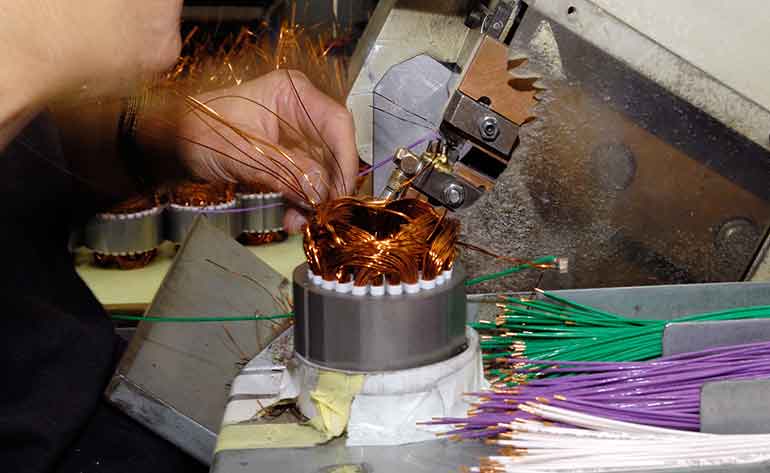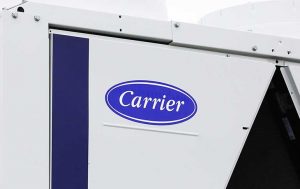ASERCOM warns of “severe consequences” of PTC ban
25th April 2022
BELGIUM: ASERCOM has warned of “severe consequences” for heating, refrigeration, and air conditioning if exemptions to the use of certain hazardous substances in electrical and electronic equipment are removed.
According to ASERCOM, the European association of refrigeration component manufacturers, proposed changes to the RoHS exemptions to Directive 2011/65/EU would impede the use of PTCs as temperature sensors for motor protection in compressors.
Directive 2011/65/EU restricts the use of certain hazardous substances in electrical and electronic equipment. One of the restricted substances, lead, is used in lead-tin solder bonding the PTC ceramic to connecting wires and is considered vital for product safety and longevity.
Until now, PTCs have been included in the RoHS Exemptions 7(a) and 7(c)-I, but that could change under new recommendations from the Öko-Institut.
ASERCOM, together with EPEE and EHI, the association of the European heating industry, have addressed national authorities across Europe in a recent technical paper clarifying why lead must continue to be used in temperature sensors.
It argues that the use of PTCs as temperature sensors for motor protection in compressors cannot be replaced by other solutions, as the high tripping temperatures of up to 180°C are technically only possible through the use of lead in the solder.
And this is at a time when the industry “faces the challenge” of introducing new low GWP refrigerants which “inevitably leads to higher temperatures than in the past – both in the motor winding and in the discharge gas”, ASERCOM states.
“No other thermal sensor can be used as a substitute in this special application. Only PTCs with
lead in ceramics have the necessary steepness in their characteristic to be daisy chained. Only
PTCs with lead in the solder can withstand the high vibration levels and temperature demands
of heat pump, refrigeration and air-conditioning compressors,” ASERCOM says.
“If the recommendations were to be approved by the European Commission, this would have severe consequences for the heating, refrigeration, and air conditioning industry,” it adds.







